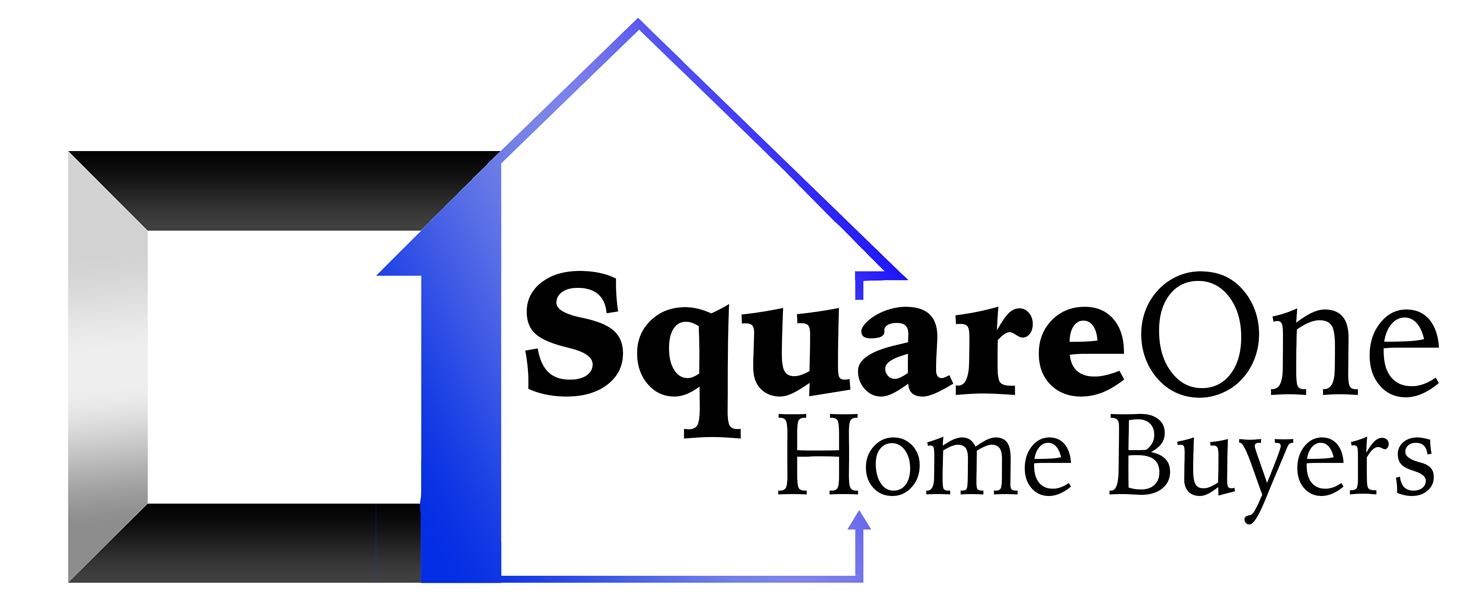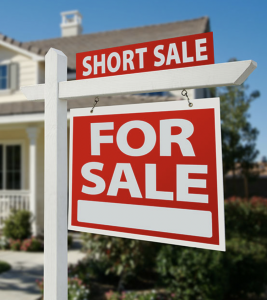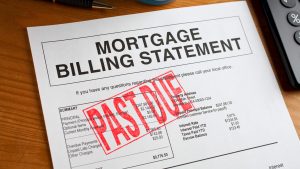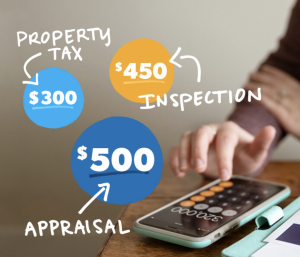Short Sale: Explained
If you are facing a foreclosure and can no longer afford your home, you may qualify for a short sale. (Even if you haven’t been able to sell your home)
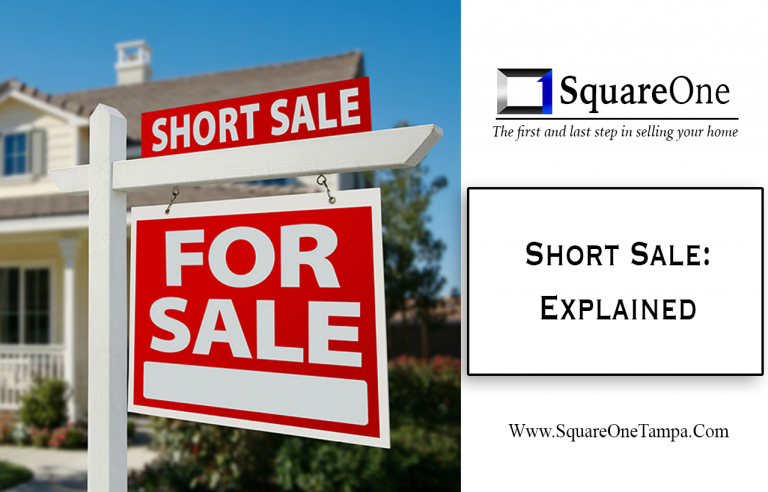
What is a short sale?
A short sale, also known as a pre-foreclosure sale, is when you sell your home for less than the balance remaining on your mortgage. If your mortgage servicer agrees to a short sale, you can sell your home and pay off a portion of your mortgage balance with the proceeds. Depending on your situation you may be required to make a financial contribution toward the balance, but once the short sale is complete you’ll be relieved of your responsibility to pay any remaining balance—called a “deficiency waiver.”
When is a short sale an option?
You may be able to use a short sale as an alternative to foreclosure if you:
What are the benefits?
- Eliminate your remaining mortgage debt
- Avoid the impact of foreclosure or bankruptcy
- Receive relocation assistance (in some cases)
- Start repairing your credit sooner than if you went through a foreclosure
- May be able to get a Fannie Mae mortgage to purchase a homer sooner than if you went through foreclosure.
What are the set backs?
- Sellers need approval from their lender to proceed with a short sale, which can slow down the short sale process or even end it altogether. Approval can be tricky to obtain, and even if the homeowner has a legitimate reason for their inability to make mortgage payments, the lender may still decide not to approve the short sale.
- Unlike a regular sale in which the seller gets the proceeds, a short sale’s proceeds go to the lender to recover the debt. There’s also the possibility that the outstanding mortgage won’t be paid off in full by the short sale, and the lender may still require the borrower to repay the difference.
- Although not as long-lasting as the damage of a foreclosure on a credit score, a short sale could knock as many as 160 points off of your credit score.
What is the process?
To short sell a home, the seller will need to file a hardship letter with their lender stating why the mortgage can’t be fully repaid, along with documentation such as pay stubs and tax returns. Typically, the lender will only agree to a short sale if the homeowner has only recently fallen under hard times. A sudden health crisis or downturn in financial standing is more likely to convince the lender than a longstanding issue that was undisclosed.
If approved, the property will be designated as a short sale in the sales listing, and offers made on the home will be sent to the lender/seller to accept, counter or reject. A short sale home is usually sold for less than – or “short” of – the remaining amount of the mortgage loan.
Once the home is sold, the lender will either forgive the difference in any outstanding debt or obtain a deficiency judgement against the borrower. In the latter case, the homeowner will be required to make up the difference between the sale price and the original mortgage. That said, in some states the law requires that if a short sale takes place, any difference must be forgiven.
The time frame in a short sale varies from that of a traditional sale. The lender can take weeks to make a decision on an offer. Then, an approval letter will be issued by the lender detailing the terms of the deal.
Get Your Cash Offer Today
Contact Us Today To Get An Instant Cash Offer On Your Home
